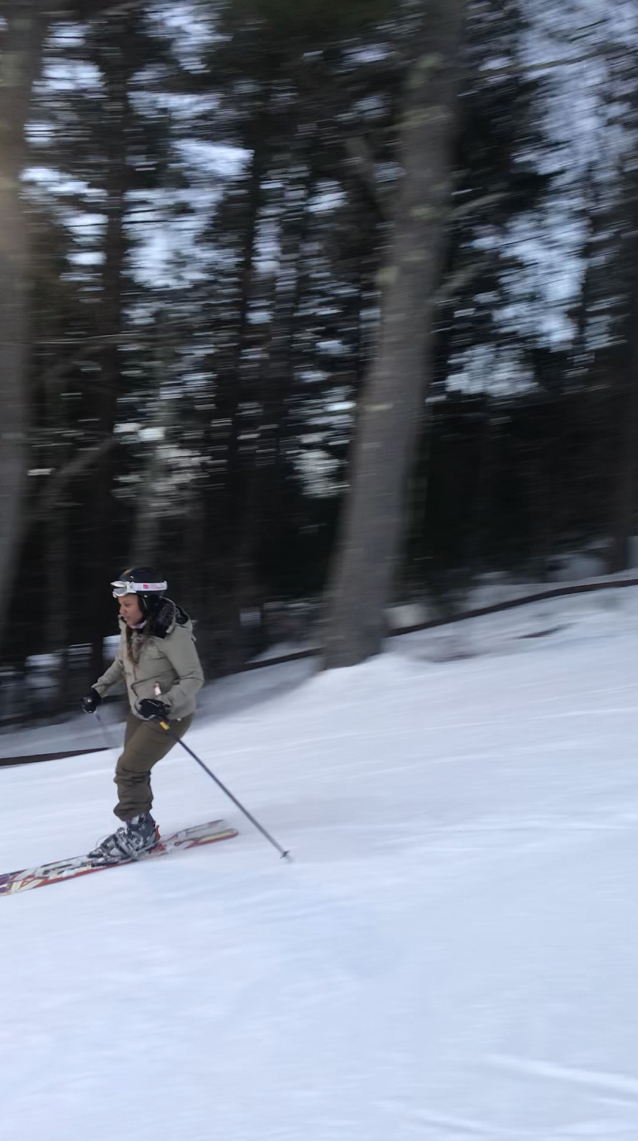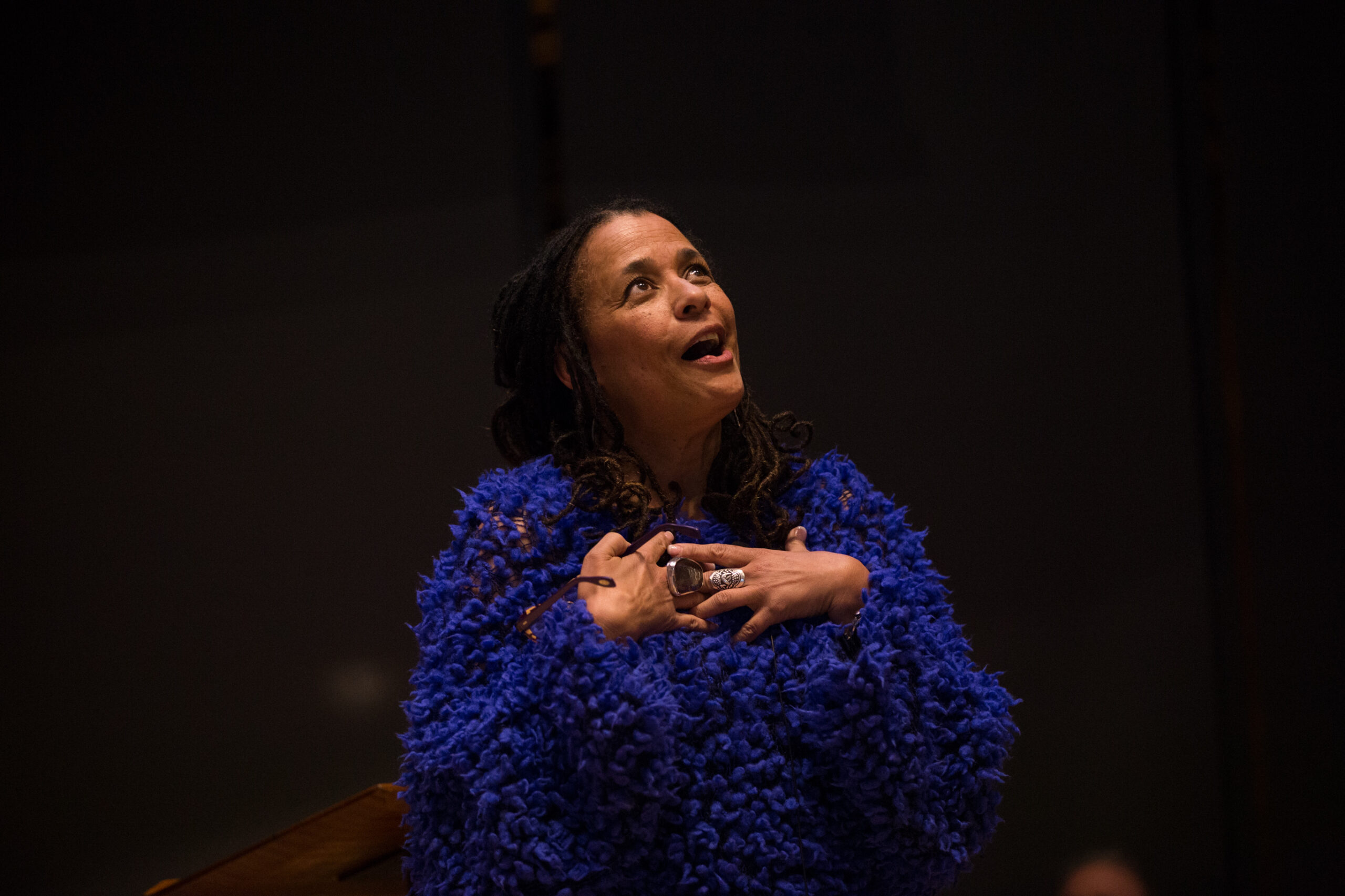Outing Club programming aims to foster diversity and inclusion outdoors
March 1, 2019
There is a common perception on campus that many members of the Bowdoin Outing Club (BOC) fit into a particular stereotype. But this semester, the BOC is renewing its efforts to push back against historical narratives about the outdoors.
Through new programming and positions, guest speakers and grant money, the group is putting new emphasis on diversity and inclusivity.
“We have this narrative on this campus but also in the U.S. at large about the outdoors being a white, male-dominated space, an affluent white male space,” said Tess Hamilton ’16, assistant director of the BOC. “We have the opportunity in this space to change that.”
After Spring Break, the BOC will be conducting focus groups, comprised of students, to evaluate the progress it has made towards increasing diversity and inclusivity. One area of focus has been the Leadership Training (LT) program, which students must complete in order to be eligible to lead BOC trips.
Not all of the programming is new; diversity has been a conversation at the BOC for decades.
“[This year is] the latest iteration of ongoing efforts, which have been going on the past 20 plus years,” said Kevin Lane ’19, co-officer of the BOC.
 Courtesy of the Outing Club
Courtesy of the Outing ClubFor example, the Wild Women Spring Adventures series began over a decade ago and Out of the Zone (OZ) Leadership Training was piloted 11 years ago. Hamilton explained that OZ was designed to make the experiences provided in LT accessible to students who have historically felt excluded from leadership opportunities on campus and at the BOC, including low-income students of color and first-generation students. Hamilton cited the erasure of financial barriers as a central component of this project; the BOC waives member dues for students in LT and pays them for time they spend on trips.
“It [should not be] a choice [between] ‘do I work this campus job and get the money that I need’ or ‘do I go on this trip,’” Hamilton said. “That was a huge barrier.”
New programs, such as OUT in the Woods, were created in collaboration with groups such as Bowdoin Queer Straight Alliance, THRIVE, International Students Association, African-American Society and other affinity groups. These partnerships show the BOC’s commitment to increasing inclusivity, but haven’t always been successful in creating long-term change.
“I think one of the big problems with the Outing Club is that when we do partner with an outside organization or affinity group, we don’t really have retention of those same students, who come back and do trips on their own with the Outing Cub,” said Meera Prasad ’19.
Prasad is the diversity outreach coordinator for the BOC, a position that was created last semester. She completed LT herself and will be involved with the focus groups, which will most likely implement changes in the programming next year.
The BOC is also working to obtain additional grant money to reimburse low-income students who might miss work in order to participate in leadership training. Hamilton hopes to expand this program to more students in the coming years. Much of the existing funding for this programming has come from the support of the Cook Family Leadership Training Fund.
In addition to these changes, the BOC has also taken steps to create new programming that promotes diverse conversations about the outdoors. Last Thursday, Szu-ting Yi, a climber and author, came and spoke at the Schwartz Outdoor Leadership Center (SOLC) about her relationship with the outdoors and some of the barriers she had to overcome.
“It’s important to give a platform for her story especially as a woman of color and especially as an immigrant to hear those stories because that barrier to participation is still strong,” said Hamilton. “For her to describe overcoming those obstacles in her own path is important for all of us to hear.”
 Ann Basu
Ann BasuOther programs include an event held Monday at the SOLC called Wabanaki REACH, where students came to hear a tribe member speak about stolen land recognition. Earlier this semester, author Carolyn Finney was invited to speak about her book “Black Faces, White Spaces: Reimagining the Relationship of African Americans to the Great Outdoors,” which was incorporated into the spring LT curriculum.
“We’re seeing positive change in diversifying … but it’s by no means an end result that we are going to arrive [at]. It’s very much a process,” said Hamilton.

Comments
Before submitting a comment, please review our comment policy. Some key points from the policy: